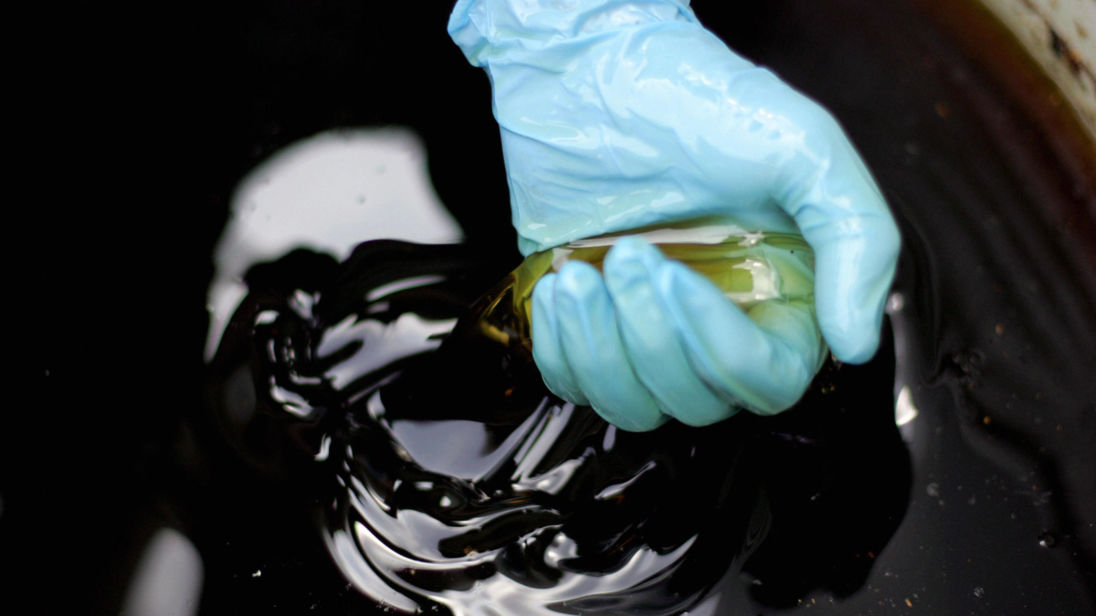By James Sillars, Business Reporter
Members of the OPEC oil cartel and other nations, including Russia, have agreed to extend production cuts aimed at propping up prices until the end of next year.
OPEC, the Organisation of the Petroleum Exporting Countries, had sought a new agreement as a worldwide glut continues to put downward pressure on oil costs.
The countries – all Brent crude producers and led by Saudi Arabia – entered a deal a year ago to cut output by 1.8 million barrels a day until March 2018.
That action – coupled with slower-than-expected growth in the production of cheaper US shale oil and higher demand in an improving world economy – has contributed to Brent rising from $50 a barrel then to just over $63 currently.

The 14-member OPEC cartel, which controls a third of the world's oil output, agreed to the nine-month extension following its annual winter meeting in Vienna.
It then sought and secured the support of 10 non-members including Russia – agreeing to Moscow's demand that the curbs could be cut short, if needed, following a review slated for June.
The move was anticipated by the markets and so prices were stable when the deal was announced.
Saudi energy minister, Khalid al Falih, had pledged before the meeting: "When we get to an exit, we are going to do it very gradually… to make sure we don't shock the market."
He hailed the result as "a great day" – especially as Libya and Nigeria had agreed not to raise output beyond levels agreed this year to bring them into line.

In the UK, the fall in the value of the pound since the EU vote has largely exacerbated the rising cost of oil over the past 17 months because it is priced in dollars.
However, RAC fuel spokesman Simon Williams believed the worst was over because sterling had recovered some poise from its Brexit-led low.
More from Business
Hundreds of jobs go as 259 RBS and NatWest branches close
Full list of NatWest and RBS branches which will close
Govt to stay in EU air safety body in blurring of Brexit red line
Travel agent Thomas Cook plans to shut 50 stores
Staff win 'landmark' claim over Morrisons data breach
Restaurant group Aqua reaches for sky with £250m price-tag
He said: "The market had been expecting OPEC to extend its production cut until the end of next year so after an initial rise in the price of oil, things have cooled down.
"Even though the oil price is now consistently above $60 a barrel, the increased value of sterling against the dollar is helping to keep fuel prices down at the pumps.
"This is good news for motorists as it means petrol and diesel prices are unlikely to shoot up, in fact we may even see them come down very slightly in the next week or so."
More business news
- Previous article Corbyn to Morgan Stanley: 'You're right, we're a threat'
- Next article Bitcoin volatile amid 20% fall in 24 hours





